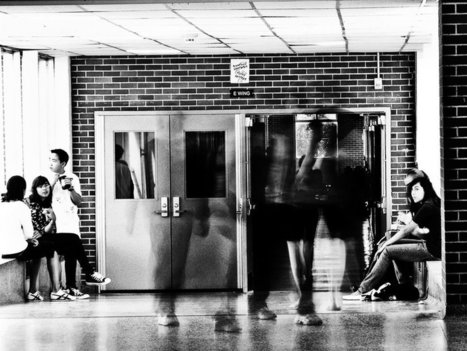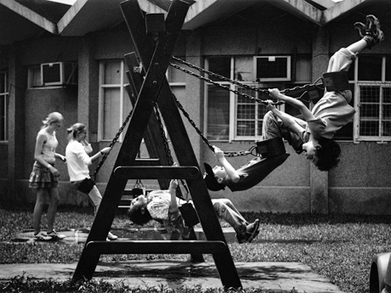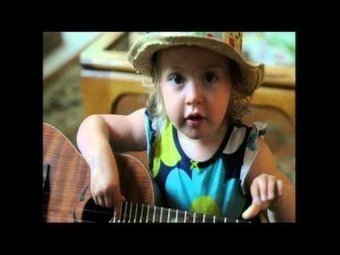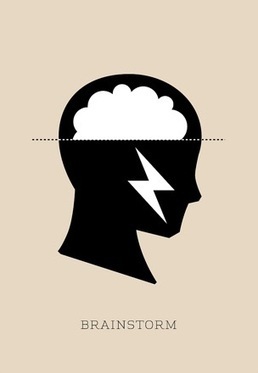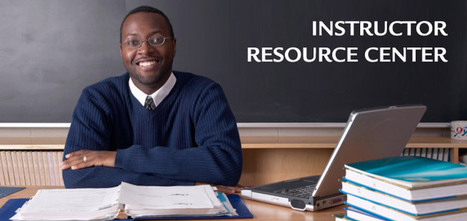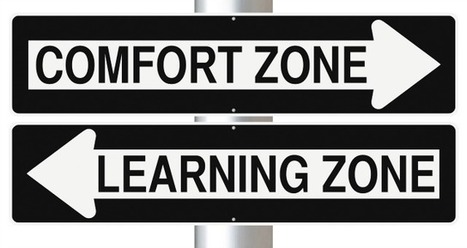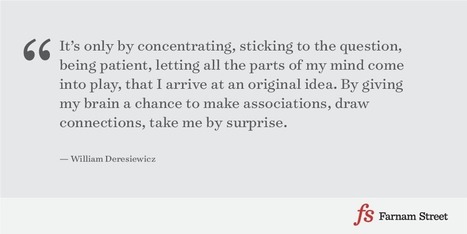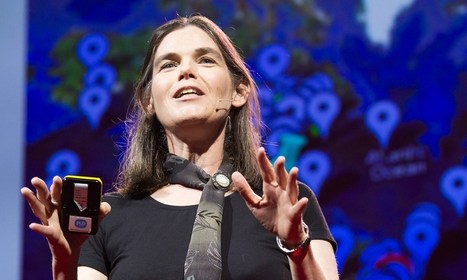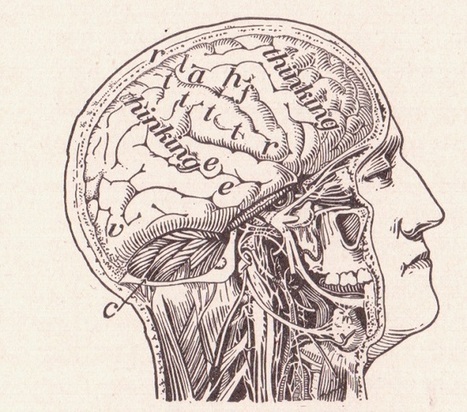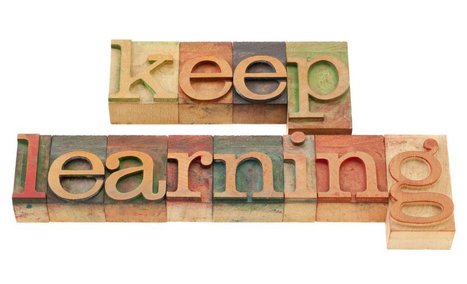One thing that research in cognitive psychology has gifted to us over the last decade or so, is clear evidence that learners are delusional when it comes to judgements about their own learning. The big name in the field is Bjork, along with many other high quality researchers, who says that learning is “quite misunderstood (by learners)…. we have a flawed model of how we learn and remember”. There’s often a negative correlation between people’s judgements of their learning, what they think they have learnt and how they think they learn best - and what they’ve actually learnt and the way they can actually optimise their learning. In short; our own perceptions of learning are seriously delusional. This is why engagement, fun, learner surveys and happy sheets are such bad measures of what is actually learnt and the enemy of optimal learning strategies.
Get Started for FREE
Sign up with Facebook Sign up with X
I don't have a Facebook or a X account
 Your new post is loading... Your new post is loading...
 Your new post is loading... Your new post is loading...

Stephania Savva, Ph.D's curator insight,
May 14, 2017 1:09 PM
Take a peek at educational research from 2015. Of interest.
|

Lauren Portalea's comment,
February 19, 2014 12:06 AM
The final quote from Charles Darwin, "it is not the strongest of the species that survives, nor the most intelligent that survives. It is the one that is most adaptable to change," shows the future of education. Educators must prepare and inspire children to become lifelong learners. With skills and careers rapidly changing, people need to be able to adapt more readily than ever. With project-based learning, children can begin to solve problems on their own to become more independent learners and more adaptable to change. Thus, the strategies used would prepare students for their future in a rapidly changing society.

Lauren Portalea's curator insight,
February 19, 2014 12:50 AM
The final quote from Charles Darwin, "it is not the strongest of the species that survives, nor the most intelligent that survives. It is the one that is most adaptable to change," shows the future of education. Educators must prepare and inspire children to become lifelong learners. With skills and careers rapidly changing, people need to be able to adapt more readily than ever. With project-based learning, children can begin to solve problems on their own to become more independent learners and more adaptable to change. Thus, the strategies used would prepare students for their future in a rapidly changing society. |






